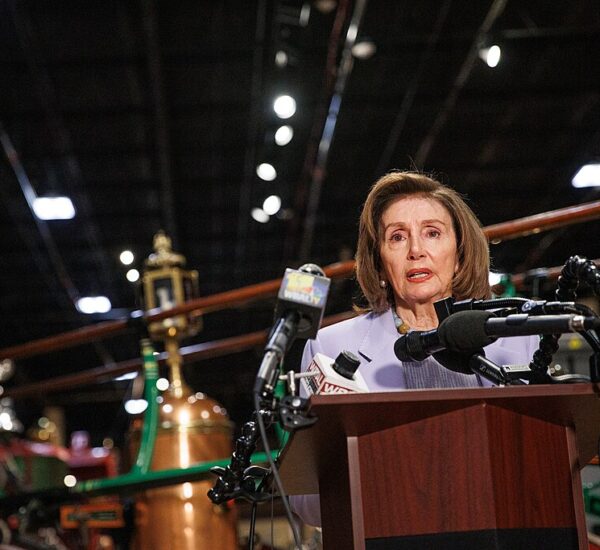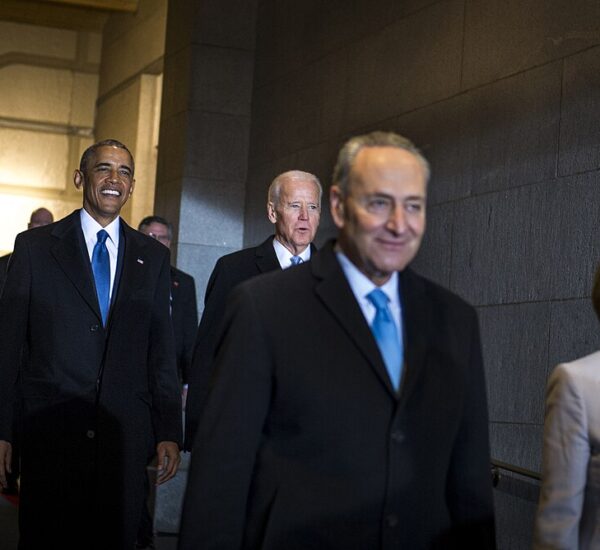McConnell Releases Surprising Message
Former Senate Republican Leader Mitch McConnell (R-Ky.) is sounding the alarm over the dangers of a failure to secure a spending deal that adjusts federal spending levels to address the nation’s growing security needs. McConnell warns that a yearlong continuing resolution, which would freeze funding levels and priorities at those set in the fiscal 2024 budget, could be catastrophic for national defense.
In a recent op-ed for The Washington Post, McConnell stressed that such a resolution would leave America vulnerable to adversaries like China, Russia, North Korea, and Iran. He pointed out that never in modern history has the U.S. military been forced to rely on an outdated budget to confront emerging national security threats. He said that applying last year’s budget to meet the challenges of tomorrow would make the nation ill-equipped for the future.
As the Pentagon’s budget faces the impacts of inflation, McConnell emphasized the dire consequences of underfunding critical defense programs. He argued that forcing the military to adapt to new threats with last year’s dollars would severely diminish the Pentagon’s purchasing power. With inflation driving up costs, McConnell made the case that a lack of updated appropriations would leave the U.S. military unable to properly equip itself for the challenges ahead.
McConnell also noted that while efforts to find efficiencies within the Pentagon are underway, achieving real results requires long-term, multiyear funding for crucial programs. A full-year continuing resolution would stop new initiatives that are vital to keeping the military competitive in areas like missile defense, space technology, and cybersecurity. Without funding for these new programs, the U.S. risks falling behind on the world stage.
The Kentucky senator pointed out that failing to pass a defense spending bill by the March 14 deadline could cost taxpayers $17 billion in lost defense buying power. With inflation and new defense requirements, McConnell calculated that the military could lose up to $103 million per day in purchasing power, undermining national security.
McConnell warned that the consequences of a continued funding freeze would not just affect the Pentagon’s ability to defend the nation but would also delay key military projects. The U.S. Navy could see the construction and refueling of 26 warships halted, and the production of new submarines and destroyers would be delayed.
In the face of these risks, McConnell urged Congress to take action to ensure the military has the resources needed to stay ahead of emerging threats. “The cost of deterring war is far less than the cost of fighting one,” he reminded his colleagues, stressing the importance of investing in defense to prevent future conflict. Without sufficient funding, he warned, America’s ability to maintain its military superiority—and to compete with the growing threat from China—would be severely compromised.







Why can’t we have a National register ( list of news sources and ” talking heads) ” that lie and make false statements that are published weekly ? I would join to see these people put under the light >> IT IS TIME TO SHINE THE LIGHT ON THESE PEOPLE …
For once I think McConnell is 100% correct. Hopefully, that is what the majority of people believe.